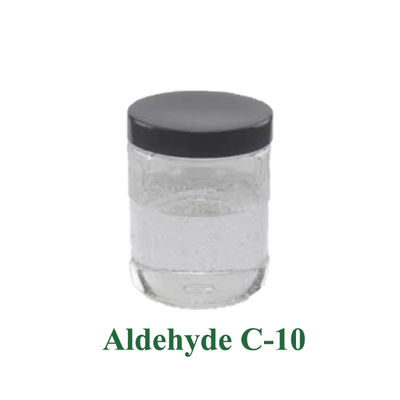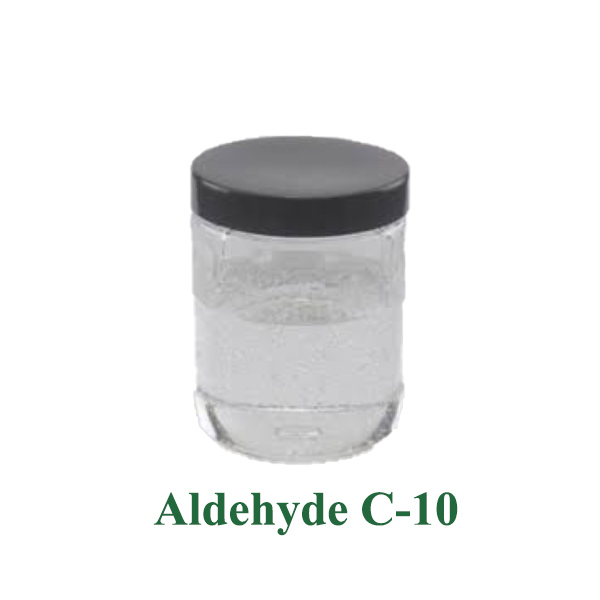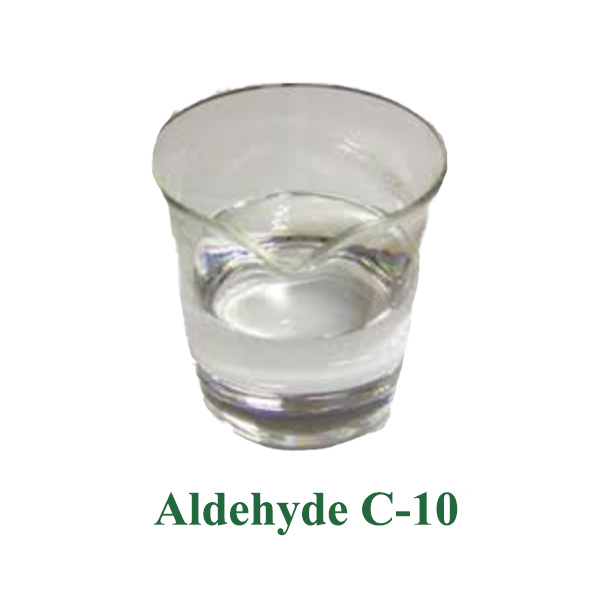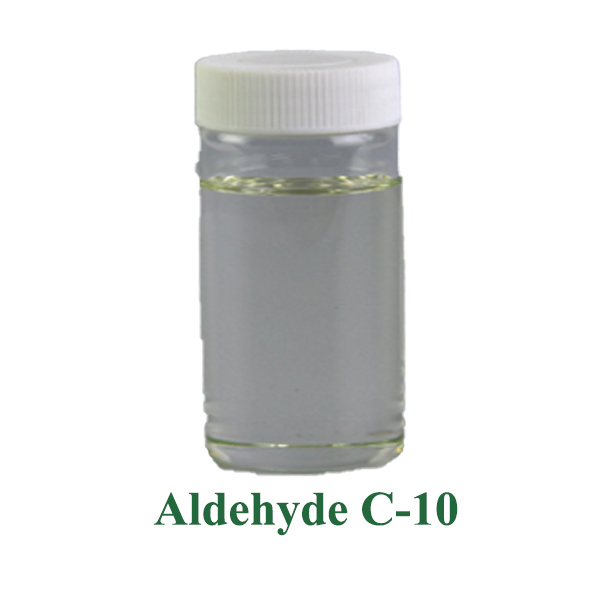
Factory direct sales of Aldehyde C-10, high quality, 99% transparent, colorless
-
Resaltar
Aldehyde C-10 essential oil
,99% pure aldehyde C-10
,transparent aldehyde C-10 oil
-
Nombre del productoAldehído C-10
-
Casta124-13-0
-
Pureza99.9%
-
AparienciaLíquido
-
Duración2 años
-
Cantidad mínima de pedido5 kilos
-
EmbalajeBolsa de aluminio, embotellada, tambor, cartón, contenedor
-
CalidadMaterias primas naturales, seguras e inofensivas, sin adición
-
Punto de ebullición207-209 °C (iluminado)
-
densidad0,83 g/mL a 20 °C 0,83 g/mL a 25 °C (lit.)
-
Einecs203-957-4
-
Lugar de origenShaanxi, China
-
Nombre de la marcaBaisfu
-
CertificaciónAldehyde C-10
-
Número de modelo124-13-0
-
Cantidad de orden mínima5 kilos
-
Precio42.59USD
-
Detalles de empaquetadoBolsa de aluminio, embotellada, tambor, cartón, contenedor
-
Tiempo de entrega10-15 días de trabajo
-
Condiciones de pagoT/T, Western Union, D/P, L/C
-
Capacidad de la fuente20,000 kilogramos al mes
Factory direct sales of Aldehyde C-10, high quality, 99% transparent, colorless
Decanal, with CAS number 112-31-2, chemical formula C₁₀H₂₀O, and molecular weight of 156.27 g/mol, belongs to the aldehyde class of compounds. It is a colorless liquid with a strong fatty and waxy odor, naturally occurring in parsley leaf essential oil and various citrus fruits, and can be obtained through natural extraction or artificial synthesis.
Decanal is a single organic compound containing an aldehyde group (-CHO) and a nonyl group (-C₉H₁₉) in its molecular structure. The presence of the aldehyde group gives it the typical chemical properties of aldehyde compounds.
| Product Name | Aldehyde C-10 |
| CAS | 124-13-0 |
| EINECS | 203-957-4 |
| Type | Food Flavors |
| Brand Name | BAISIFU |
| Appearance | Liquid |
| Shelf Life | 2 years |
| MOQ | 5KG |
| Origan | Shaanxi,China |
| Purity | 99% |
| Packing | Foil bag,Bottled,Drum,Carton,Container |
| Storage | Sealed in dry,Room Temperature |
| density | 0.83 g/mL at 20 °C0.83 g/mL at 25 °C (lit.) |
-
Fragrance Industry: Decanal is a common fragrance ingredient in perfumes, colognes, and deodorants, used to introduce fresh citrus top notes and enhance the complexity and sillage of the aroma.
-
Food Industry: As a food flavoring, decanal can be used to blend citrus-flavored beverages, candies, baked goods, and dairy products, giving them a natural citrus taste.
-
Other Industries: Decanal can also be used in soaps, candles, air fresheners, and detergents, adding a pleasant fragrance. Furthermore, due to its antibacterial properties, it may have potential applications in food and cosmetic preservation.
-
Unique Aroma: Decanal possesses a fresh citrus-like aroma with subtle waxy and floral notes, adding a unique flavor and aromatic complexity to products.
-
High Aroma Intensity: Its strong aroma, belonging to the top notes, allows it to quickly release its fragrance into products, leaving a strong first impression.
-
Good Compatibility: Decanal blends well with a variety of fragrances, such as linalool and other alcohols, cyclic aldehydes, and other aliphatic aldehydes. It is commonly used in the formulation of floral fragrances like rose, jasmine, and violet, as well as citrus fragrances.





Calificación General
Instantánea de calificación
La siguiente es la distribución de todas las calificacionesTodas las reseñas